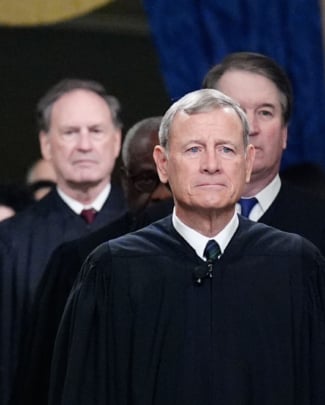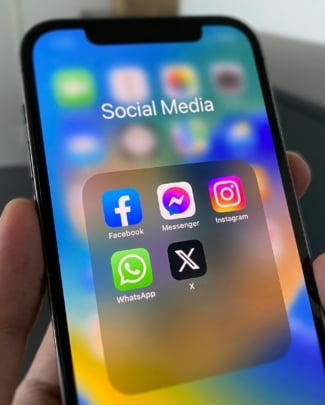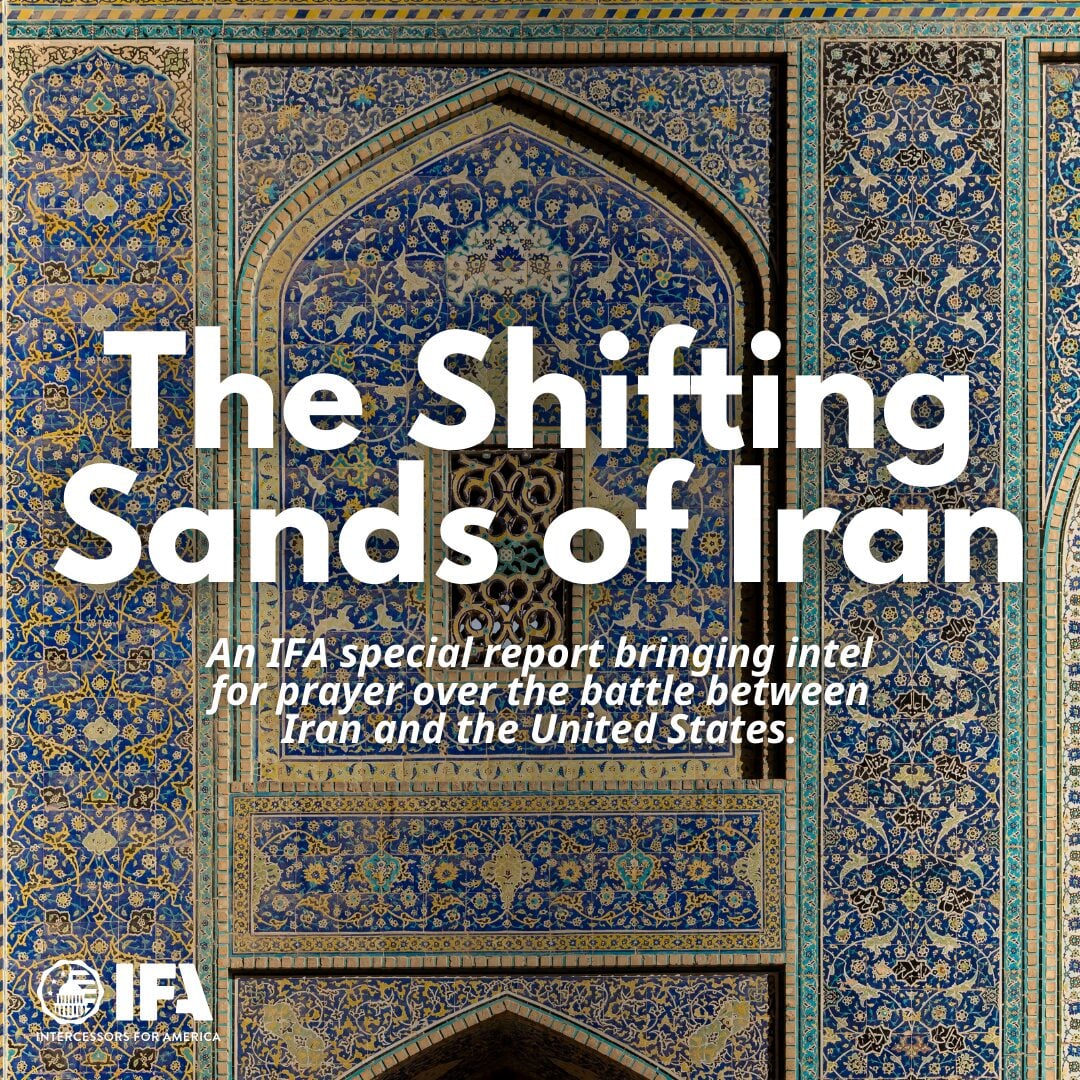UNPRECEDENTED: U.S. SUPREME COURT TO TELECONFERENCE
A PRAYER FOR OUR PRESIDENT FROM AN INTERCESSOR
COVID-19 TALK FORCE DUMPING “CONTAGION MODEL”
AG BARR DEFENDS RELIGIOUS FREEDOM IN PANDEMIC
ALL 50 STATES UNDER DISASTER DECLARATION FOR THE FIRST TIME IN U.S....
UNPRECEDENTED: U.S. SUPREME COURT TO TELECONFERENCE
The U.S. Supreme Court said on Monday that for the first time it will hear cases argued by teleconference rather than in the courtroom due to the coronavirus pandemic including a dispute over whether President Donald Trump’s tax and financial records should be disclosed.
The announcement represented the latest way the pandemic has forced changes in American society, with the nine justices set to embrace teleconferencing like countless other shuttered workplaces that have struggled to continue functioning.
The court will hear arguments next month by teleconference in 10 cases, with the justices and lawyers for the litigants set to participate remotely in light of “public health guidance” in response to the pandemic, court spokeswoman Kathy Arberg said.
In another break with tradition, the court will provide a live audio feed of the arguments to the news media. Cable TV network C-SPAN said it plans to broadcast that feed in all the cases.
The court historically has resisted new technologies. Audio feeds in the past have not been broadcast live. There still is no video recording of arguments.
The court will hear arguments on May 4, 5, 6, 11, 12 and 13. It did not announce the dates for the individual cases.
“The court building remains open for official business, but most court personnel are teleworking. The court building remains closed to the public until further notice,” Arberg said.
Trump’s appeals in three separate cases to prevent his financial records from being handed over to Democratic-led U.S. House of Representatives committees and a New York prosecutor were due to have been heard on March 31 but were postponed on March 16 when the court delayed a series of cases over coronavirus concerns.
“We are pleased that the court will hear arguments this term,” said Jay Sekulow, a personal lawyer for Trump.
Another case focuses on the complex U.S. presidential election system and whether Electoral College electors are free to break their pledges to back the candidate who wins their state’s popular vote.
“When you argue in person, you have a better understanding of what is being understood by the court,” said Lawrence Lessig, a lawyer in that case. “It’s about being in the same room and watching the reactions of the justices.”
Other cases to be argued by teleconference include a religious rights dispute involving Catholic schools in California and a Trump administration bid to let employers obtain religious exemptions from having any health insurance offered to employees pay for women’s birth control.
The justices traditionally issue all pending rulings by the end of June before taking a summer recess. But rulings potentially could be delayed because of the coronavirus disruptions. . .
(Excerpt from Reuters. Article by Lawrence Hurley and Andrew Chung.)
Partner with Us
Intercessors for America is the trusted resource for millions of people across the United States committed to praying for our nation. If you have benefited from IFA's resources and community, please consider joining us as a monthly support partner. As a 501(c)3 organization, it's through your support that all this possible.


We use cookies to ensure that we give you the best experience on our website. If you continue to use this site we will assume that you are happy with it. Privacy Policy




Comments
Father as the Supreme Court uses technology to hear arguments and decide on cases, give them wisdom to make godly decisions. I pray that evil would be frustrated and righteousness be elevated. Thank you that we can come to you and pray. Thank you for hearing us.